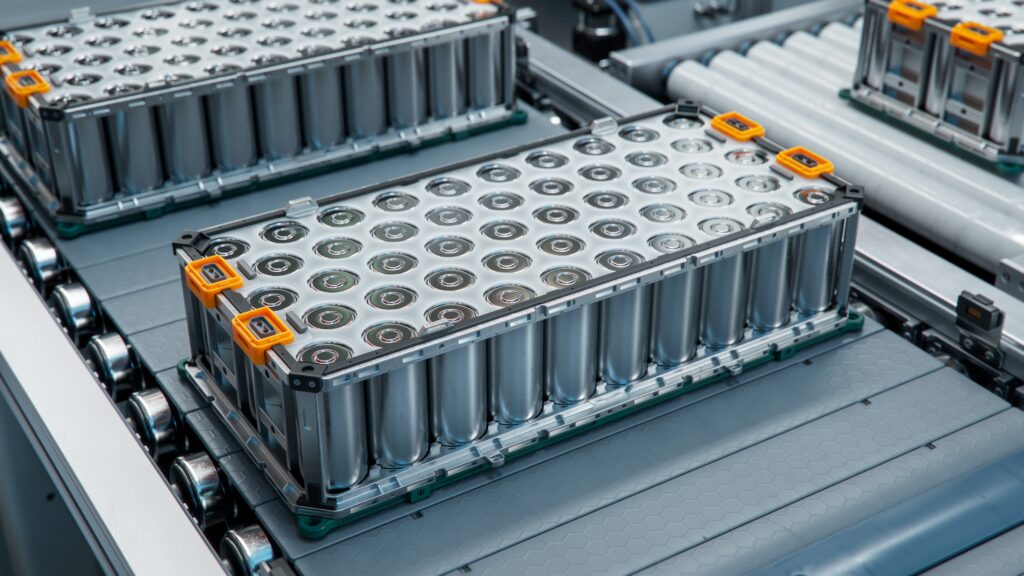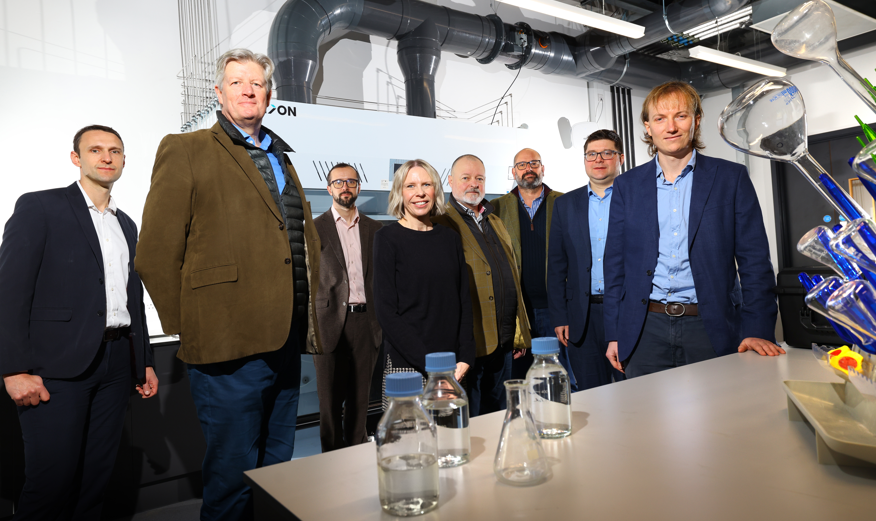The report – “The evolution of lithium-ion battery recycling” published in the Nature Reviews Clean Technology journal – called for recyclers, manufacturers, researchers and policymakers to “work together” to meet the growing demand for electric vehicles (EVs) and energy storage systems.
Current recycling methods, such as pyrometallurgy (using high temperatures to extract metals) and hydrometallurgy (employing aqueous solutions to recover metals), face significant challenges including high energy consumption, environmental impact and what the researchers described as the “inefficient” recovery of materials.
The report also called for the development of automated disassembly processes to improve material recovery rates and reduce contamination.
Dr Gavin Harper, from the University of Birmingham’s battery recycling project and co-author of the report, said: “The rapid growth in electric vehicle adoption demands urgent action to create a sustainable circular economy for lithium-ion batteries.
“Over 17 million electric vehicles were sold globally in 2024. By investing in advanced recycling technologies and fostering collaboration across industries, we can significantly reduce environmental impacts while ensuring that LIB recycling keeps pace with market demands.”
The research pointed to direct recycling and upcycling as ways to cut costs by up to 40% while also minimising secondary pollution.
Additionally, emerging technologies such as bioleaching, deep eutectic solvents (DES) and robotic disassembly were also identified as having the potential to “transform the recycling landscape”.
The report also highlighted the need to standardise protocols for managing end-of-life batteries more effectively and address challenges posed by evolving battery chemistries.
University of Birmingham ReLIB project
The University of Birmingham currently hosts what is said to be the UK’s biggest and longest-running research programme on the recycling and reuse of lithium-ion batteries – the ReLIB project.
The project is funded by The Faraday Institution.
Want to learn more about e-waste? Come to the Letsrecycle.com WEEE Conference in London on 12 March 2025. Find out more and buy tickets here.









Subscribe for free